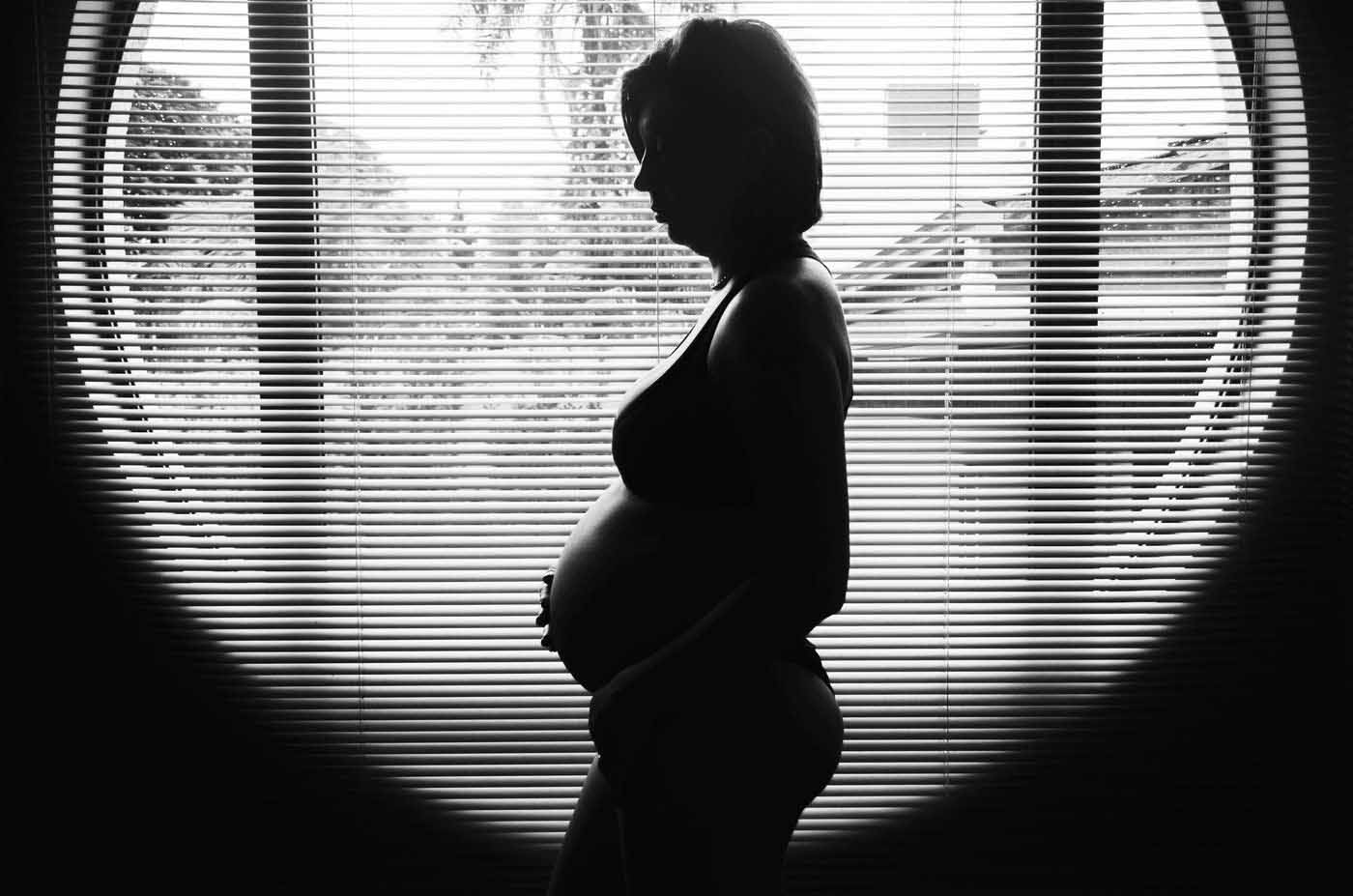By Jeanne Snelling, University of Otago in Dunedin
New Zealand’s pro-choice laws do not equate to indifference to foetal life.
When the United States Supreme Court recognised in Roe v. Wade (1973) that access to abortion is a fundamental civil right, it not only secured the legality of abortion for US citizens, it also strengthened the international reproductive rights movements. The fact that the current Supreme Court repealed the constitutionally protected right is not simply ironic, it counters the global trend of recognising abortion as a fundamental human right.
In New Zealand, abortion is now treated as a health matter. Decriminalising the procedure and removing barriers to accessing services is a step toward destigmatising abortion and placing the pregnant person at the centre of the law.
Ensuring equitable access to publicly-funded abortion reinforces the importance of reproductive rights and the government’s obligations in protecting them. Ultimately, it recognises that enabling women (and those who do not identify with the female gender but have female reproductive biology) to enjoy rights as equal citizens requires that their reproductive choices are “legally respected, not criminalised”.
New Zealand’s pro-choice laws do not equate to indifference to fetal life.
A commitment to reproductive choice, while facilitating health policies to reduce unwanted pregnancies and abortion, can go hand-in-hand. Ruth Dyson, Chair of the Abortion Legislation Select Committee recognised this when she said: “We want to see a country where there are very, very few abortions … We need more education, we need better access to contraception. But we will still need abortion services — the fewer the better, but the earlier, more equitable, and safer the better.”
The restrictiveness of abortion law is not predictive of abortion rates, in fact the two do not correspond at all. Prior to the 2020 Abortion Legislation Act, around 30 percent of women in New Zealand had undergone an abortion, despite the stringent laws at that time.
Following the significant law reforms in 2020, medical practitioners and other appropriately qualified health providers can provide abortion services for pregnancies under 20 weeks gestation without any legal restrictions. Pregnancies over 20 weeks still require medical approval. A pregnant person can self-refer to an abortion service provider, and individuals who are less than nine weeks pregnant may choose an Early Medical Abortion without the need for hospitalisation.
New Zealand’s former abortion regime did not provide equitable access, particularly for people living in rural and isolated areas. Attempts to address this issue by providing nationwide access to publicly funded services, including an abortion telehealth service that provides information, advice, and counselling, are underway. Practitioners still have the right to not provide or assist abortions, but organisations can now choose not to employ those whose conscientious objection would “unreasonably disrupt” health services.
A recent amendment that enables the designation of “safe areas” around specific abortion facilities has also been introduced which would make it illegal to protest within 150 meters of an abortion clinic. Applications for safe areas are considered on a case-by-case basis and may be approved where it is desirable to “respect the privacy and dignity of persons accessing or providing abortion services” and it can be “demonstrably justified as a reasonable limitation on people’s rights and freedoms”.
These laws and policies are in line with the concept of reproductive justice, a movement that focuses on social justice issues across the sexual and reproductive health spectrum. Reproductive justice aims to promote the complete “physical, mental, spiritual, political, social and economic wellbeing” of everyone with female reproductive biology. It is based on the idea that, particularly for people of colour, indigenous communities and other marginalised groups, reproductive advocacy should equally promote the right to have a child, the right not to have a child, and the right to parent in a safe and healthy environment.
Reproductive justice requires advocating for all reproductive health matters, including access to contraception; menstrual management; transgender health care; pre-and postnatal care; infertility; cervical and breast cancer; infant and maternal mortality; intimate partner violence; sexually transmitted infections and abortions. Ultimately, the reproductive justice approach resonates in a multicultural and diverse society like New Zealand.
Dr Jeanne Snelling is a Senior Lecturer at the University of Otago, Dunedin New Zealand specialising in health law, with a particular interest in the regulation of reproduction.
The author declares no conflict of interest.
Originally published under Creative Commons by 360info™.












